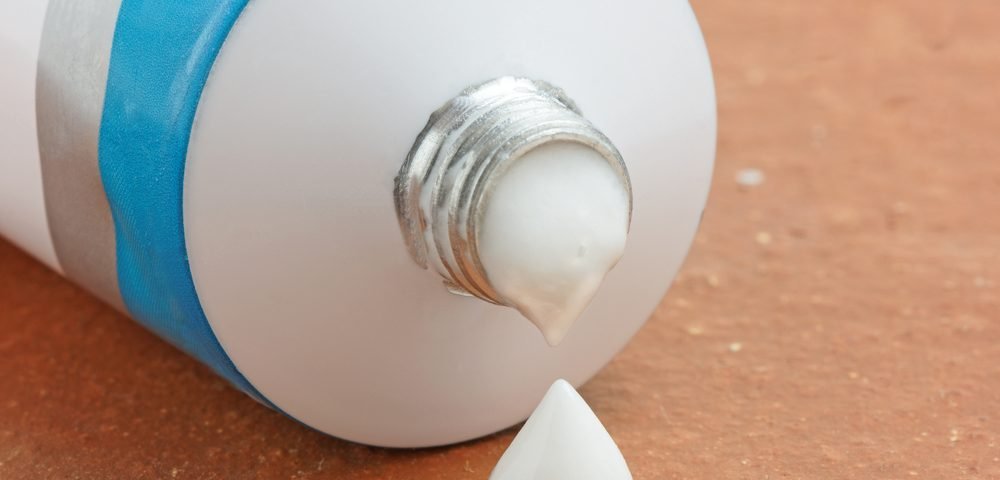Apricus Biosciences plans to initiate a Phase 2b study evaluating RayVa (alprostadil), the company’s investigative treatment for Raynaud’s phenomenon. In a press release, the company also announced it is exploring Orphan Drug designation for RayVa both in the U.S. and the European Union.
The clinical effects, safety and tolerability of RayVa were already evaluated in a double-blind, randomized, placebo-controlled Phase 2a clinical trial (NCT02228850) in 35 patients with active Raynaud’s phenomenon caused by scleroderma. The study evaluated three different doses of RayVa (300 micrograms, 1,000 mcg, and 3,000 mcg) on hemodynamics, skin temperature at the area of application (according to the measurement of Laser Doppler), and symptomatic response to a standardized cold challenge, compared to a placebo.
Top-line results reported in September 2015 indicated that the ointment was safe and effective. Patients tolerated treatment with RayVa and reported a noticeable change in the way their skin temperature responded to a cold challenge. The cold simulation challenge is a test used to help diagnose Raynaud’s by measuring how quickly the skin returns to a normal temperature after being subjected to a cold shock (like immersion in cold water).
Currently, Apricus is finalizing the new Phase 2b clinical trial protocol, and is looking for global or regional partnerships before the trial begins.
Raynaud’s phenomenon manifests as pain, loss of function in the hands, and ulcerations in the fingertips, due to the significant reduction in capillary blood flow to the fingers secondary to blood vessel hardening.
RayVa is a topical, combined formulation of alprostadil, a potent vasodilator, with the Apricus’s patented permeation enhancer, DDAIP.HCl, which allows local delivery of the vasodilator to the site of action. This on-demand ointment has shown the ability to increase blood flow locally, and can potentially reduce symptoms of Raynaud’s secondary to systemic sclerosis, and subsequent digital injuries.
The U.S. Patent and Trademark Office (USPTO) has issued a Notice of Allowance for U.S. Patent Application to RayVa in October 2014 for the treatment of Raynaud’s phenomenon, including the treatment of the condition secondary to systemic sclerosis.
Given the lack of approved treatments for secondary Raynaud’s phenomenon and its unmet medical need, the U.S. Food and Drug Administration (FDA) cleared RayVa as an Investigational New Drug (IND), which allowed Apricus to start their clinical trials.


